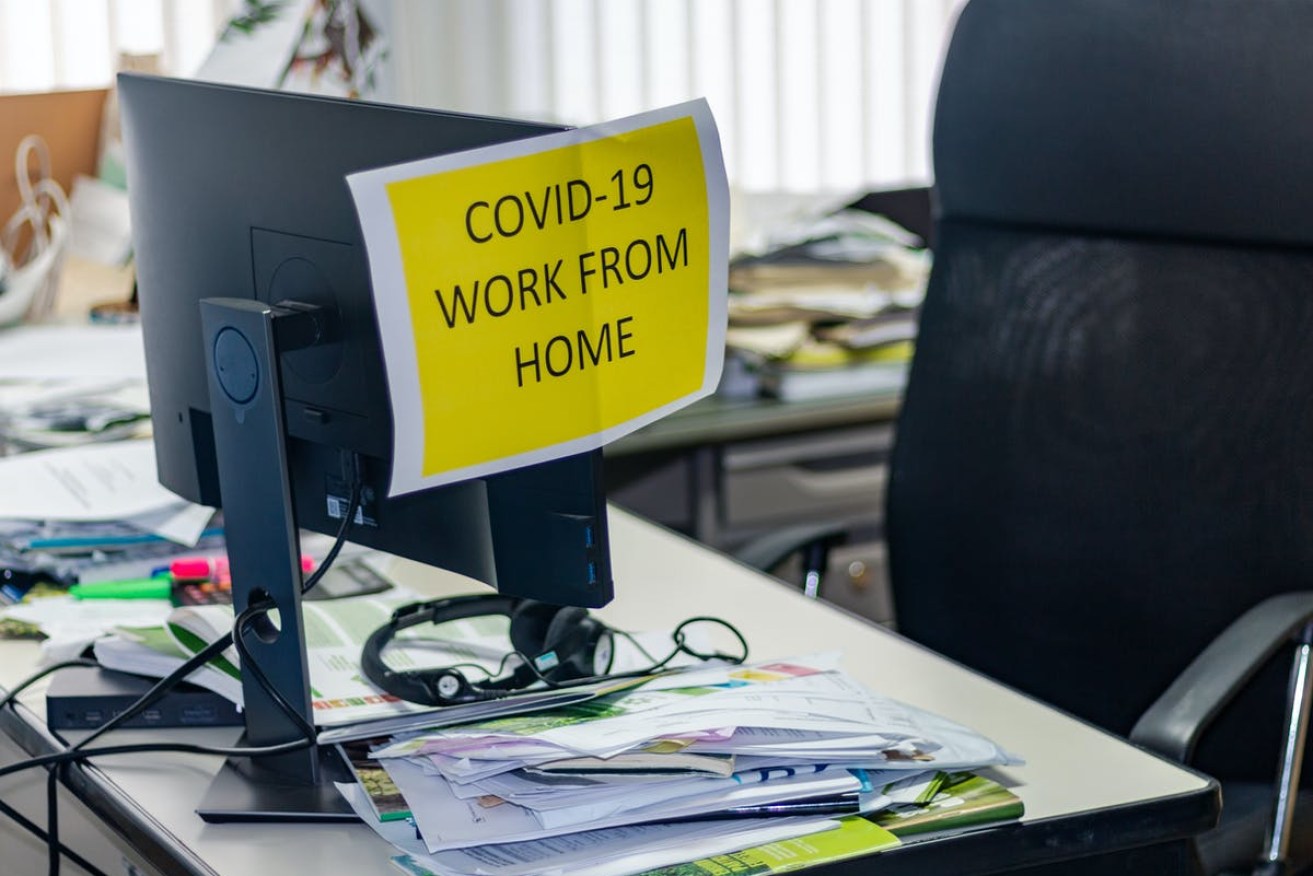Work-from-home staff will be ‘first out of a job’ warns Queensland property boss
From kookaburras disrupting business calls to empty CBDs the shift to work-from-home has changed the nature of employment, but will it last?


The CBD occupancy remains slow to recover (Photo: The Conversation)
JLL chief executive Stephen Conry is adamant that if employers ask workers to return to the office “then you are sort of obliged to turn up’’.
He said governments should be encouraging workers back because the CBD was the heart and soul of a city. And besides, it was his call that was frustratingly interrupted by a kookaburra sitting near a window of someone working from home.
But can an employer sack someone for not going into the office? And has the COVID-19 pandemic changed the employment situation forever and made the CBD redundant?
It isn’t that simple and anyway, many companies have already opted for a blended option and it is likely to become an “employer of choice’’ issue.
The issue is having a profound effect on the CBD. Property Council data shows Brisbane’s CBD is at 63 per cent occupancy. Before COVID-19 it was 87 per cent, so the CBD and the businesses that rely on all those workers are suffering.
“The reality is that people are far more productive in an office environment where it’s about the culture,’’ Conry said.
“People are looking to confuse culture with cost. Some employers are looking to reduce their footprint because staff want to work from home. That is fraught.
“The reality is a lot more people will be back at work because they have to be. Those who don’t, or ignore their employer, will become low hanging fruit in what could be an economic hangover and be the first staff out of a job.’’
Professor Paula McDonald, from QUT’s Business School, said sacking someone for not working in the office might be difficult and it would depend on an individual’s contract or award.
However, she said many contracts or awards would not have considered the work-from-home option or the possibility that someone would refuse to return to the office.
“I would say this work-from-home debate is far more nuanced,’’ McDonald said.
“However, in most codes of conduct employees are required to reasonable directives from management, so if they directed them to work from the office employees might be obliged.’’
She said in most situations white-collar workers might prefer the blended model that has been brought in at ANZ and Westpac where workers can stay at home two or three days a week.
“I do think (work-from-home) is much more baked in than it used to be,’’ she said.
She said anyone who has been burnt out by too many zoom calls would appreciate the office and the social contact.
Charter Hall’s Bradley Norris said the evolution of the workplace was already happening. “The flight to quality was already occurring, but I think it has changed where workplaces will be places where you need to collaborate and get people together in terms of culture and learning. The physical office is always going to be important,’’ Norris said.












